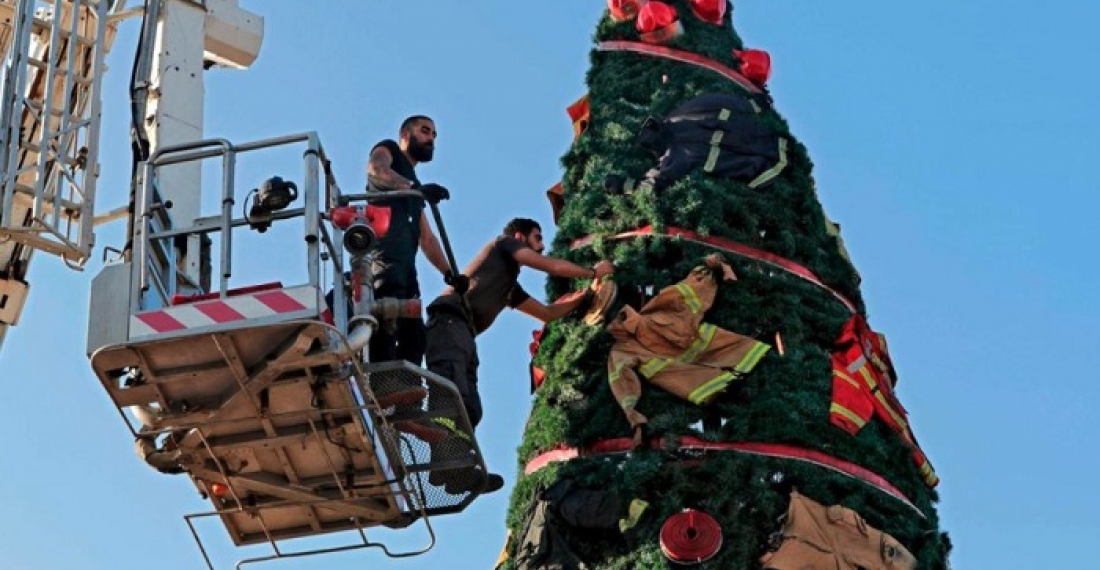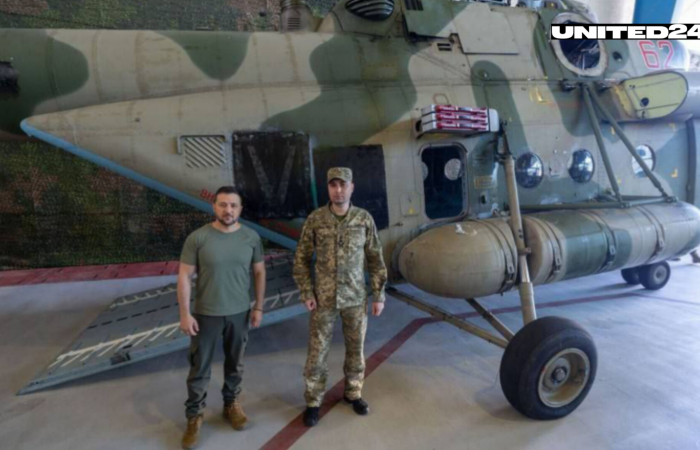Prominent Lebanese artist Hayat Nazer came up with the idea of a Christmas tree near the site of the Beirut blast in August 2020. The tree is not an unusual site in Lebanon where almost 40 percent of the population celebrates Christmas
This tree is called the Lebanese #CivilDefenceChristmasTree, made to honour the brave personnel who put their lives at risk for the Lebanese people.
Hayat took to her Instagram account to explain about the tree. She said, “I found this a good opportunity to explain the truth and cause behind this #CivilDefenceChristmasTree... They need our support, new equipment and at least some love and encouragement after all they’ve dedicated to save our lives.
Members of the Lebanese Civil Defence erected the tree. It has been decorated with uniforms of firefighters as a way to pay tribute to colleagues who were killed in the port explosion.
Hayat received international attention for her previous artwork of a statue of a woman made out of shards of glass, rubble, and a broken clock marking the time 6:08pm, the moment the mega explosion took place.
The explosion killed around 200 people and injured over 6,000.
Source: commonspace.eu with Gulf Today (Sharjah).
Photo: Members of the Lebanese Civil Defense erect a Christmas tree by Lebanese artist Hayat Nazer in the Lebanese capital's harbour (Twitter: @edrormba).






